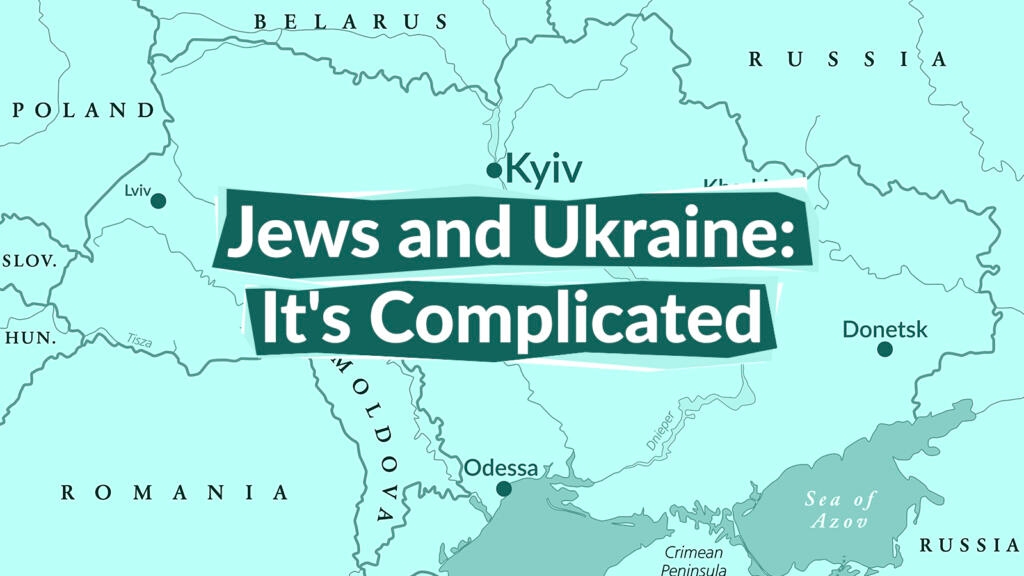
“Bombach is the driving spirit behind a new Israeli network of schools that provides ultra-Orthodox children not only with a comprehensive religious education, but also requires them to study a core curriculum of math, English, science, history and civics.”

“The Digital Storytellers Lab of the Jewish Writers’ Initiative has selected thirteen digital media writers/creators for its inaugural program….The fellows hail from a variety of professional backgrounds – including journalists, filmmakers, novelists, songwriters, game designers, and more – and were chosen via an open call for proposals that brought in over 260 applications.

“The gifted population in Israel is a population that has very, very strong potential to impact on issues which are of national interest to Israel….A lot of the time, they are the same population that don’t get the academic programs or solutions that are needed in order to maximize their individual and their collective potential.”

“Jewish text is both a mirror and a set of binoculars. It reflects back to us and gives us insight into who we are, and it also gives us a set of lenses with which to view the world outside.”
— Rabbi Leon Morris

“When antisemitic conspiracy theories flooded Spanish-language media in Florida ahead of the 2020 U.S. election, some mainstream news outlets joined in amplifying them — then apologized for doing so.
A new effort initiated by Fuente Latina, a pro-Israel Spanish-language media group launched in 2012, aims to combat those ideas and prevent them from seeping into community discourse.”

“Starting in mid-June as Senior Advisor, Viewpoint Diversity, Rabbi Wolpe will provide general counsel to Maimonides Fund program staff in this area, serve as a thought leader on the intersection of viewpoint diversity and Jewish wisdom, and facilitate periodic discussions and convenings on this topic and related themes.”

“Unlike every nation of antiquity that lived by our side, we did not disappear when our national sovereignty was dissolved. … But at no time was separation from the Land of Israel considered permanent. . . .At no time did the rabbis sever Torah from Israel, or God from the people. At no time was tikkun olam — the universal demand to do what is just and right — ripped from the moorings of klal yisrael — the centrality of Jewish peoplehood. It was never one or the other. One without the other diminished both. It was all part of a unified whole.”

“Jews have a long and rich history in Ukraine going back more than a millennium. It was once one of Europe’s largest Jewish communities, and has had a major influence on the development of Ashkenazi Jewish culture. But Ukraine is also the site of some of the most brutal scenes of anti-Jewish violence in history.
This email series will guide you through this complicated history and the ways it sheds light on the battles unfolding in the present.”

“The Digital Storytellers Lab of the Jewish Writers’ Initiative has formally opened the application process for digital media creators to join an eight-month fellowship to kickstart the development of digital audio/visual media exploring Jewish themes….The Lab empowers creators to tell Jewish stories in innovative, digital-first ways. Fellows will receive a generous stipend, mentorship, and technical and subject-matter expertise to support the development of their projects. Applications are due June 1, 2022.”

“Twenty years ago, political identity did not demarcate our intellectual or social horizons. Today, however, in contrast to the Talmudic ideal of nurturing an intellectual world wider than one’s practice, our intellectual world has shrunk to fit the narrower dimensions of policy and practice. The books we read, the lectures we hear, and the videos we watch are all produced by people in our own camp. In short, we have sunk into an anti-Talmudic world.”

“We can no longer rely on silver-bullet trips to Auschwitz or Tel Aviv to emotionally shock people into feeling Jewish. For a culture to thrive, people need to truly know what that culture encompasses. To feel part of a historical continuum, people need to learn that history. To find comfort in rituals (regularly and at life’s key moments), people need to understand the ritual. To be guided by wisdom in ancient sources, people need to be able to navigate their structure and content beyond a handful of cherry-picked quotes. This requires sustained engagement with meaningful Jewish content.”

“What would it look like for employees’ vacation days used in service of the Jewish communal good to be matched by their employers? In other words, employees choosing to devote their time off to summer camps, social services, staffing Israel trips (someday!), social services or similar work would effectively contribute half of the allotted paid time off (PTO), while their employers would match those days with additional PTO.”
